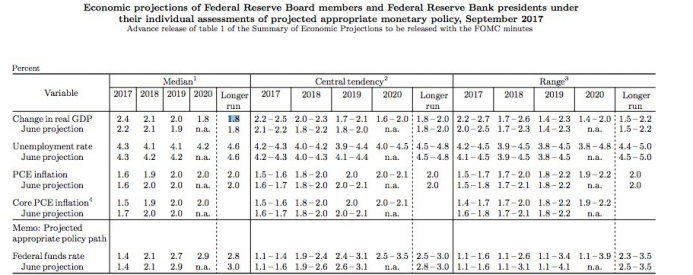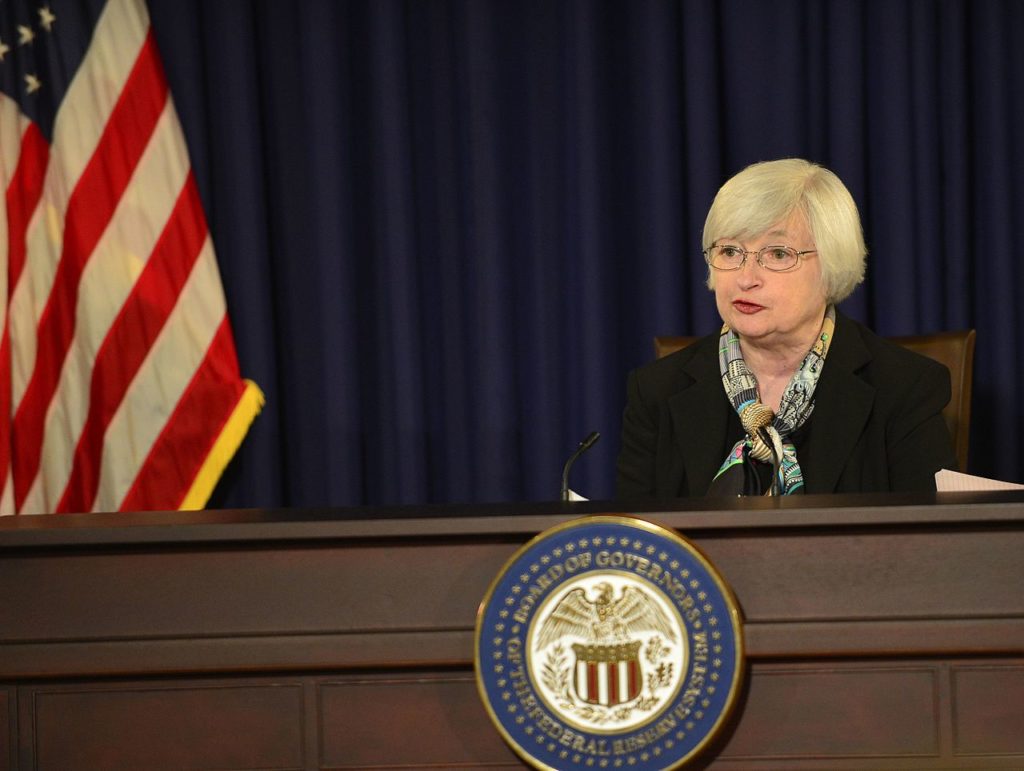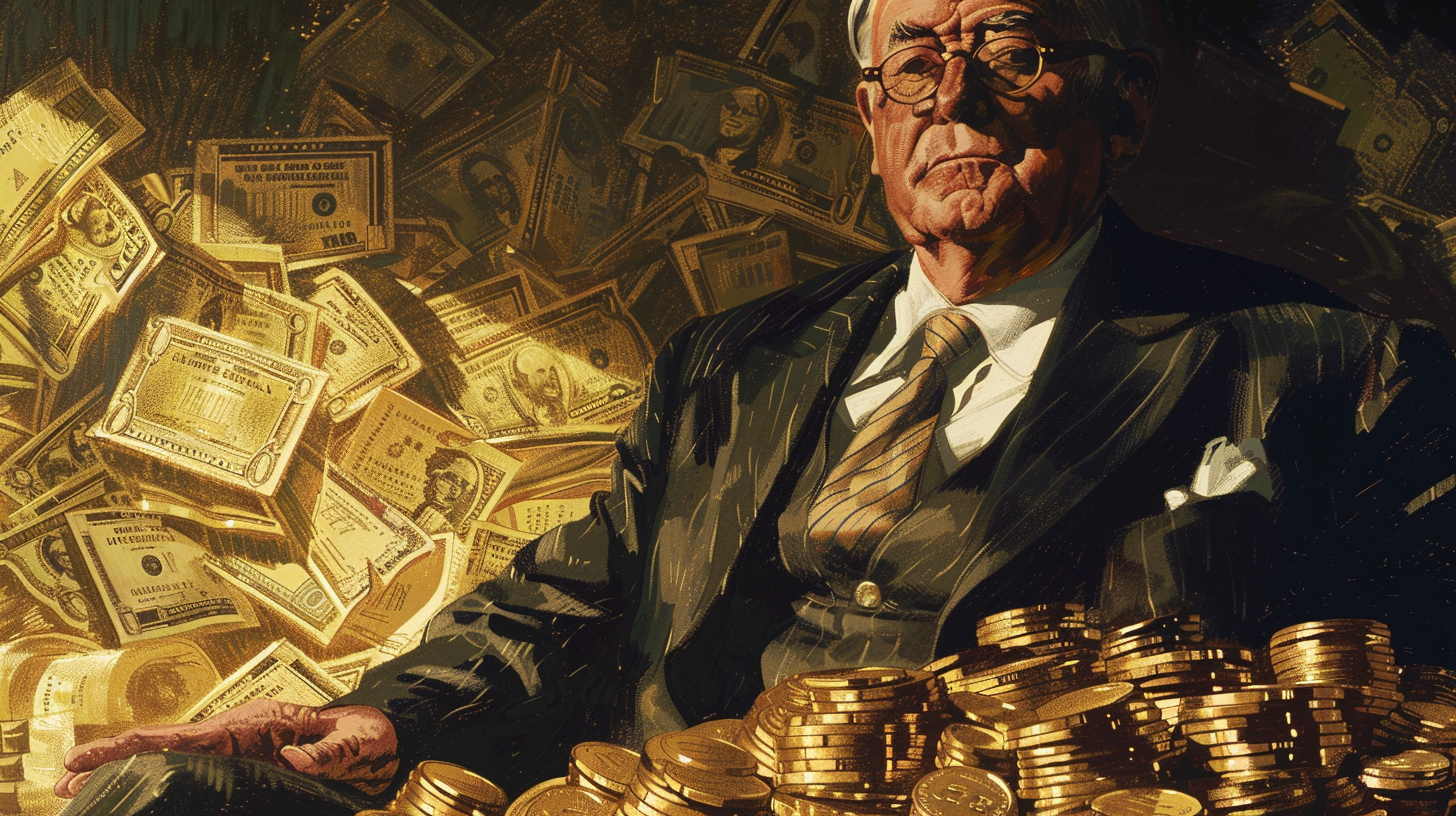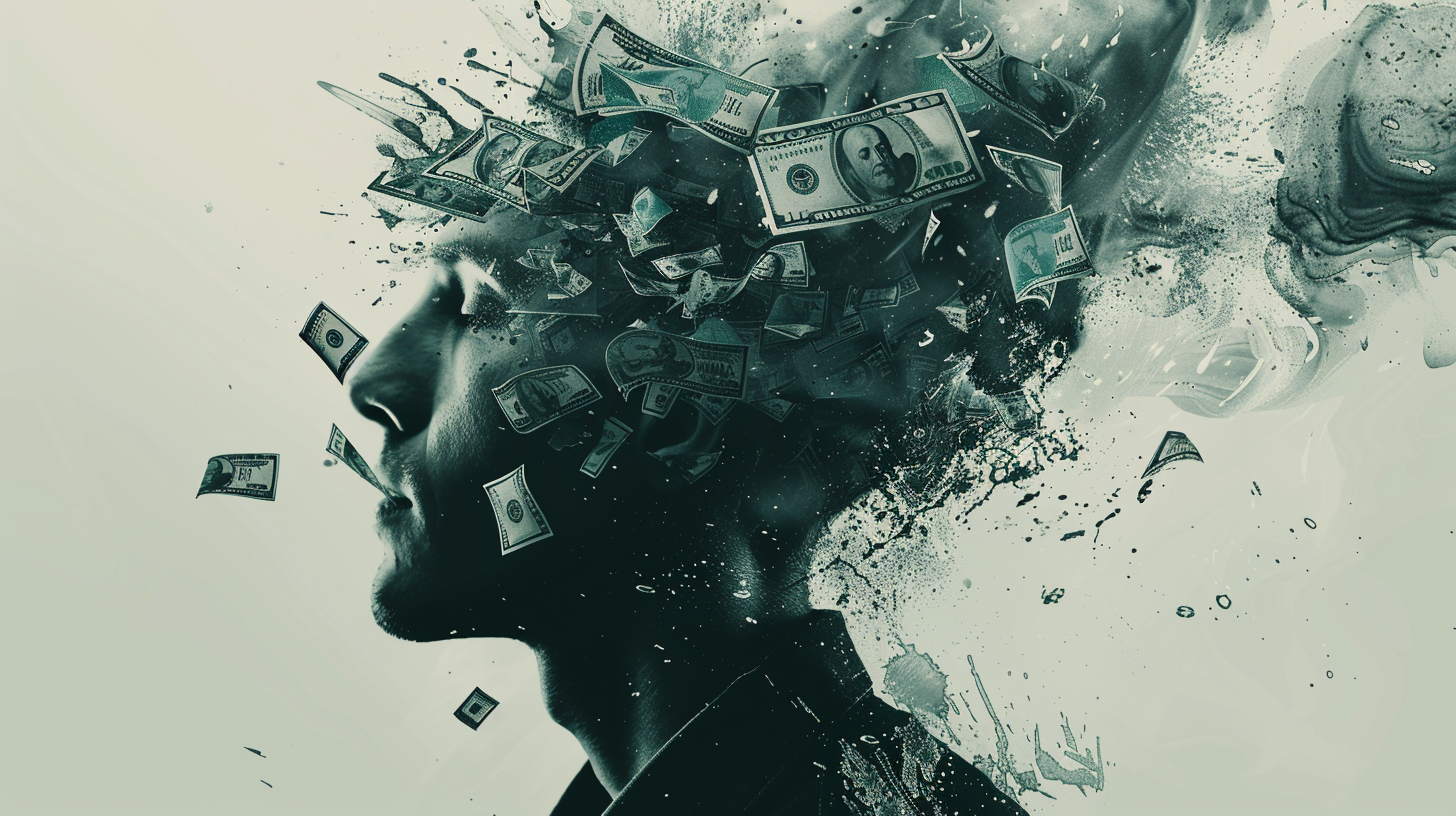Questions Remain as the Fed Finally Begins to Reverse QE
Last week, Janet Yellen announced the Federal Reserve will begin the much anticipated “tapering” of its massive balance sheet. The Fed chair also hinted another interest rate hike is in the works. After the most recent FOMC meeting, we raised the question: Is this a viable path forward, or is the central bank playing a game of monetary chicken? Peter Schiff has argued that the Fed ultimately won’t be able to reduce its balance sheet to any significant extent. So, despite the Fed’s hawkish stance, the path forward seems far from certain.
In a recent article published on the Mises Fed Watch, Tho Bishop also raised some poignant questions about how the Fed will actually move forward with monetary policy.
![]()
The Federal Reserve has announced that it will finally begin the process of reversing quantitative easing. Following the process it outlined earlier this year, the Fed will start allowing assets (Treasurys and mortgage-backed securities) to mature off its balance sheet, rather than re-investing them as had been its prior policy. The current plan is to start with a $10 billion roll off in October, and increasing quarterly until it reaches $50 billion by October of next year. Considering the Fed’s balance sheet currently stands at $4.5 trillion, the Fed is envisioning a slow, multi-year process. As Philadelphia Fed president Patrick Harker described it earlier this year, the goal is for it to be “the policy equivalent of watching paint dry.”
Of course the old saying about the “best laid plans of mice and men” also applies to central planners, and as Janet Yellen once again noted today, “policy is not on a pre-set course.” Should markets react negatively, as they did when Bernanke hinted at reducing their purchases in 2013, the markets have reason to expect the Fed to act. In fact, when asked, Yellen kept the door open to both lowering interest rates and stalling its roll off should market conditions worsen. In fact, it appears that markets are already betting on the Fed to not follow through on its projected December rate hike.
As the Fed has been signaling for months now that a taper was in the works, the mainstream narrative suggests that tapering has been priced in (though stocks dropped on the news.) There are still major questions left unanswered.
One of the biggest questions going forward is who will step up to replace the Fed’s purchasing power in the US Securities market? In the past, the US has been able to count on China to purchase US debt. Even before the Trump administration threatened the country with sanctions, China was selling off Treasurys in order to help prop up its struggling economy. With other nations also backing off from US debt, the hope is that investors will fill the gap. While the continued actions of the ECB, BOJ, and other central banks may make US debt more attractive in comparison, increased investments in bonds is likely to come at the expense of other assets.
Of course the noise of the Fed’s actions only serves to distract from the real issue, which is the continuing economic stagnation of the US economy. While Yellen continues to boast about modest employment gains, full-time employment remains lower than it was prior to the recession. Meanwhile, American’s personal debt has reached record highs — following the example of their government. How much of these gains are being fueled by credit and the false prosperity of inflated stocks and other assets? We’ll see.
For what it’s worth, the Fed itself — which is regularly overly-optimistic — doesn’t seem to have much faith in the future. It is now projecting long-term growth below 2%.

Get Peter Schiff’s most important Gold headlines once per week – click here – for a free subscription to his exclusive weekly email updates.
Interested in learning how to buy gold and buy silver?
Call 1-888-GOLD-160 and speak with a Precious Metals Specialist today!





 As fiscal imbalances persist, driven by coercive measures and artificial currency creation, the middle class faces erosion and purchasing power dwindles. But as the world hurtles towards a potential reckoning, the lingering question remains: can this precarious balance last, or are we teetering on the brink of a cataclysmic economic shift?
As fiscal imbalances persist, driven by coercive measures and artificial currency creation, the middle class faces erosion and purchasing power dwindles. But as the world hurtles towards a potential reckoning, the lingering question remains: can this precarious balance last, or are we teetering on the brink of a cataclysmic economic shift? Beneath the veneer of headline job gains, the American economy teeters on the brink: native employment dwindles as part-time and immigrant jobs surge. Government hiring camouflages looming recession warnings. Inflation and political blunders worsen the crisis, fueling public outrage at the establishment’s mishandling of the economy.
Beneath the veneer of headline job gains, the American economy teeters on the brink: native employment dwindles as part-time and immigrant jobs surge. Government hiring camouflages looming recession warnings. Inflation and political blunders worsen the crisis, fueling public outrage at the establishment’s mishandling of the economy. On April 5 1933, Franklin D. Roosevelt abandoned the gold standard, wielding questionable legal power amidst America’s dire economic depression. His whimsical approach to monetary policy, including coin flips and lucky numbers, unleashed unprecedented inflation and price increases that have since amounted to nearly 2500%. Our guest commentator explores this tragic history and the legacy […]
On April 5 1933, Franklin D. Roosevelt abandoned the gold standard, wielding questionable legal power amidst America’s dire economic depression. His whimsical approach to monetary policy, including coin flips and lucky numbers, unleashed unprecedented inflation and price increases that have since amounted to nearly 2500%. Our guest commentator explores this tragic history and the legacy […] Welcome to the world of modern economics where the term “inflation” no longer signifies the increase in the quantity of money, but has evolved into a plethora of buzzwords. From “shrinkflation” to “greedflation,” these new terms and semantic shifts are by no means harmless but a manipulation of popular sentiment. Von Mises said they play […]
Welcome to the world of modern economics where the term “inflation” no longer signifies the increase in the quantity of money, but has evolved into a plethora of buzzwords. From “shrinkflation” to “greedflation,” these new terms and semantic shifts are by no means harmless but a manipulation of popular sentiment. Von Mises said they play […] Assuming CPI measurements are not understatements, the dollar’s value has plummeted by a staggering one-fifth since 2020, yet, rather than acknowledging its role in fueling this economic turmoil, the Biden administration deflects, casting capitalism and corporate greed as the villains. The latest February CPI data show more signs of the upcoming inflation bloodbath.
Assuming CPI measurements are not understatements, the dollar’s value has plummeted by a staggering one-fifth since 2020, yet, rather than acknowledging its role in fueling this economic turmoil, the Biden administration deflects, casting capitalism and corporate greed as the villains. The latest February CPI data show more signs of the upcoming inflation bloodbath.